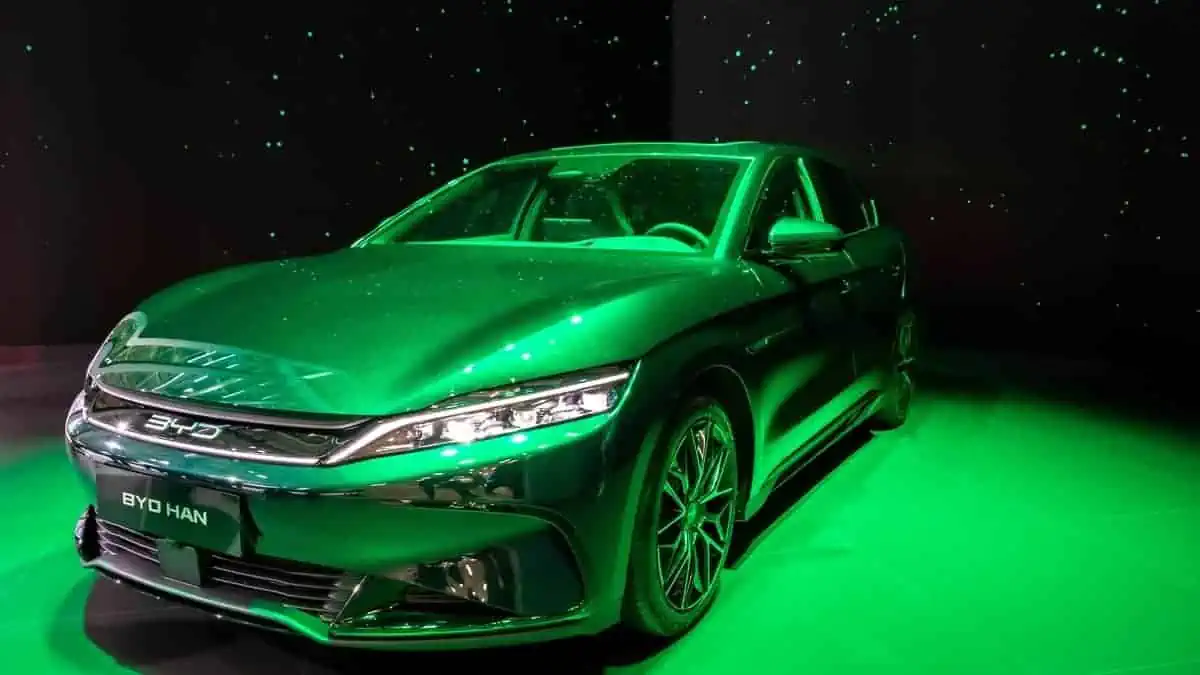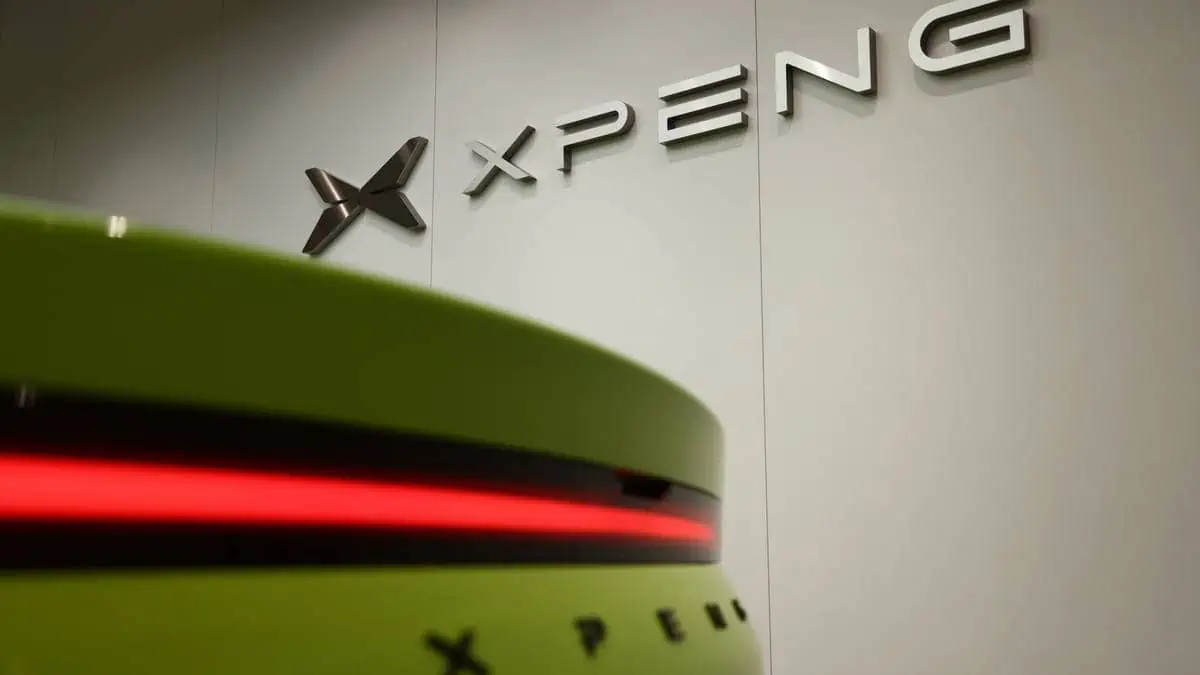Chinese electric automakers’ payment delay to suppliers is taking longer amid rising stress in the highly competitive market, Bloomberg reports.
China’s electric makers struggle to pay suppliers amid rising stress
According to the latest data the global media company compiled, NIO took approximately 295 days to pay its receipts payable (primarily to suppliers) at the end of 2023. It indicates a notable increase from just 197 days in 2021.
On the other hand, XPeng took 221 days to pay vendors and related parties, a huge increase from just 179 days in 2021.
In contrast, Tesla China only took about 101 days to pay its suppliers. Impressively, the Chinese unit of the American electric vehicle giant managed to sustain this period in the past three years.
Chinese electric automakers’ extended supplier payment cycles signal the rising stress in the local industry, where economic growth has slowed and consumer sentiment has waned. It apparently translates to lower electric vehicle demand, indicating that the once fast-growing market is now struggling with fierce price wars and crunched profit margins.
Post-national subsidy program
Numerous electric automakers have floundered since the Chinese government withdrew the popular national subsidy program in 2022.
For instance, WM Motors filed for restructuring in October 2023. In addition, HiPhi’s parent company, Human Horizons Group Inc., halted operations for at least six long months in February.
“Everybody’s suffering.For manufacturers, price reductions mean less money coming in. So the money they owe to their suppliers may be necessary for them to remain liquid.”
JSC Automotive Managing Director Jochen Siebert
Delayed payments put pressure on suppliers
Chinese EV makers’ delayed payments are starting to put pressure on automotive parts suppliers, as noted by the Managing Director of the JSC Automotive.
“Tier-three or four suppliers really get bitten, because they can’t pass it on.”
JSC Automotive Managing Director Jochen Siebert
Mr. Siebert further warned that the local industry may witness a “messy consolidation” as suppliers go bankrupt. In effect, it can rapidly cause production issues for electric automakers.
True enough, exterior body parts supplier Jiaxing, Zhejiang-based Minth Group Ltd.’s accounts and notes receivables exceeded 40% to 4.74 billion yuan ($656 million) as of December from the end of 2020. Meanwhile, its cash and equivalents fell by nearly one-third to 4.2 billion yuan over the same period.
In addition, BYD major supplier Hunan Yuneng New Energy Battery Material Co. witnessed an over threefold increase in its accounts and notes receivables to 10.43 billion yuan at the end of 2022 from a year ago. However, its cash reserves dropped to 435.2 million yuan.
“The price war won’t end soon and the stress eventually will be delivered to suppliers. We’ve seen more car components producers approaching us to improve their performance and some of them are thinking about offloading unprofitable businesses,” Zhu said. “The weak ones in the supply chain will face a high risk of being kicked out of the game.”
Zhu Lin, Shanghai-based Alvarez & Marsal’s Managing Director
Chinese EV makers’ delayed payments may adversely affect suppliers’ operations, potentially weakening the country’s once-solid local supply chain. Apart from this issue, Chinese players also face a huge barrier in the US market with a major 100% tariff hike.






